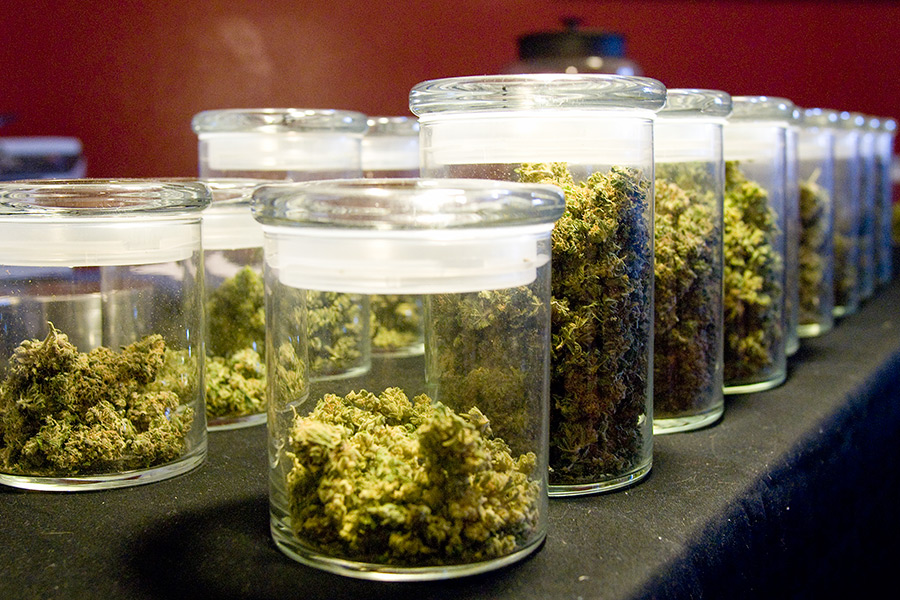Canada will legalize recreational marijuana consumption nationwide on Oct. 17, and law enforcement officials in Northwest Montana said the impending law change likely won’t change how they go about their jobs.
“The way we do our job will remain the same,” said Bill Kingsford, operations officer for the U.S. Border Patrol office in Spokane, said. “I don’t think it’ll make (Border Patrol’s jobs) harder.”
Montana shares a 545-mile border with Canada. Border Patrol’s Spokane sector oversees the stations in Eureka and Whitefish.
Marijuana is not federally legal in the United States, though several states have legalized its use within their borders, both for recreation and medical use. Montana has a medical marijuana program through its Department of Public Health and Human Services, but recreational consumption is still illegal.
Washington, Colorado, Oregon, California, Nevada, Alaska, Vermont, Maine, Rhode Island, and the District of Columbia have all legalized recreational marijuana. Kingsford noted that the legalization of marijuana in Washington State is already a deterrent to smuggling it across the border.
Flathead County Sheriff Chuck Curry said he hasn’t anticipated a need for law enforcement when it comes to marijuana.
“It’s just sort of business as usual,” Curry said. “I supposed it’s yet to be seen if it will be a bigger problem. They still have to get across the border.”
In Montana, 27,378 were registered for the Medical Marijuana Program in May 2018, with 514 providers cultivating and selling marijuana. Flathead County has nearly 2,800 cardholders buying from 75 dispensaries.
Montana’s 4 percent tax on medical marijuana dispensaries went into effect in July 2017, and the state collected $395,000 in taxes in October.
The Canadian Senate voted at a margin of nearly two-to-one on June 19 to legalize recreational marijuana, becoming the first member of the G-20 group of nations to do so. Canada’s Prime Minister Justin Trudeau tweeted on June 19, “It’s been too easy for our kids to get marijuana – and for criminals to reap the profits. Today we change that. Our plan to legalize & regulate marijuana just passed the Senate.”
Sales of legal marijuana hit $9.7 billion in the U.S. in 2017, according to “The State of Legal Marijuana Markets, Sixth Edition” published by Arcview Market Research and BDS Analytics. The report estimates that by 2021, consumers are expected to spend $20.8 billion on cannabis, generating $39.6 billion in overall economic impact. That includes 414,000 jobs and $4 billion in taxes; in 2016, state treasuries took in $1 billion in wholesale, excise, and cannabis-specific taxes.
